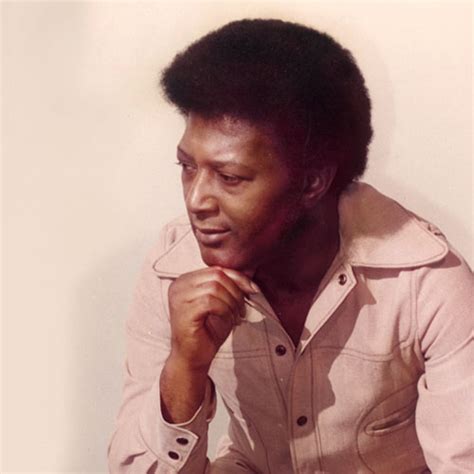A Quote by Bob Weir
We'd just signed with Arista, the record company. Arista was freaking about the phenomenon of tapers showing up at our shows. They were insisting that we put an end to this. And we just didn't want to do that.
Related Quotes
Even when I was with Arista records, which was the freest part of my career, you still have to run a lot of stuff by committee whether it's a budget, or the album artwork, or how may songs you get to record. This was total freedom. We had nobody to answer to. We didn't have to get anything approved.
My contract with mercury PolyGram Nashville was about to expire. And I never had really been happy. The company, the record company, just didn't put any promotion behind me. I think one album, maybe the last one I did, they pressed 500 copies. And I was just disgusted with it. And about that time that I got to feeling that way, Lou Robin, my manager, came to me and talked to me about a man called Rick Rubin that he had been talking to that wanted me to sign with his record company.
I won't necessarily make new music because when you make a record there are these great expectations on the side of the record company who are going to produce your record, promoters that are going to do your shows. They want you to do interviews, they want you to play shows. I mean, they want it to be a campaign.
The first record was basically a quick, fast record. The second record, we were going for more of a poppier sound - like a heavy pop sound. For 'Rocket to Russia,' we'd sort of reached our pinnacle. We'd gotten really good at what we were doing, so that's like my favorite record - that's a really good record. It's just great from beginning to end.
My whole team, it wasn't about putting the album out, it was about getting off the record company and going independent or going to another label. To the point we were like, 'Listen, just take 'Lasers.' You can have whatever percentage off the next ten records I do for the rest of my life. I just do not want to be here anymore.'



































